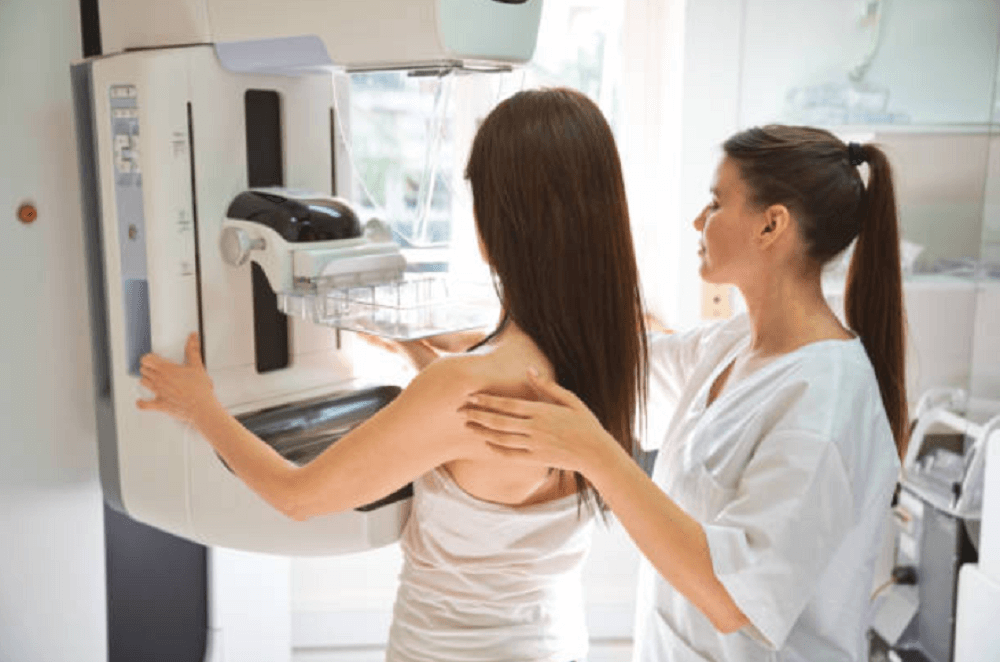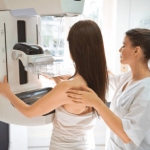MADRID, 20 (EUROPA PRESS)
The Spanish Society of Pulmonology and Thoracic Surgery (SEPAR) alerts the public about the health risks associated with exposure to smoke and reminds them that the most vulnerable groups are children, the elderly, pregnant women, and patients with respiratory or cardiovascular diseases.
Thus, society is expressing its concern over the forest fires currently affecting Ourense, León, and Zamora, among other areas of the peninsula, which are causing the highest carbon emissions recorded in Spain since at least 2003, placing the country in a "particularly serious" situation.
Smoke from wildfires contains fine particulate matter (PM2.5), irritating gases such as carbon monoxide, nitrogen oxides, and volatile organic compounds, as well as other toxic substances. Exposure to these pollutants can cause acute effects ranging from eye, nasal, and throat irritation, coughing, or difficulty breathing, to asthma attacks, severe bronchospasms, respiratory infections, or decompensation in patients with chronic respiratory disease.
Furthermore, it has been shown that it can increase cardiovascular and respiratory mortality in vulnerable individuals. Even individuals without pre-existing conditions may experience decreased lung function or chest pain as a result of exposure to smoke.
Children are a particularly at-risk group because their respiratory systems are still immature, and since they breathe more air per kilogram of body weight than adults, they inhale proportionally greater amounts of pollutants. In the case of older adults, their immune and respiratory systems are weakened, which hinders their ability to respond to the attacks of particles and gases present in smoke. Meanwhile, in pregnant women, exposure to smoke has been associated with an increased risk of premature birth and low birth weight, reinforcing the need for extreme prevention measures in this group.
"We want to emphasize that prevention is essential: avoiding exposure to smoke whenever possible and following protective measures can make a difference, especially for the most vulnerable groups," explains Dr. Javier de Miguel, a pulmonologist and expert in environmental pulmonology and member of SEPAR.
SEPAR RECOMMENDATIONS FOR SMOKE EXPOSURE
Among SEPAR's main recommendations are staying indoors with windows and doors closed to reduce exposure, using air filtration systems such as air conditioning in recirculation mode or purifiers with HEPA filters, and, if you must go outside, wearing N95 or FFP2 masks, since surgical masks do not filter out the finest particles. However, even these masks "do not guarantee complete protection against smoke, so it is essential to take extreme precautions."
Likewise, it is recommended to maintain adequate hydration to protect the respiratory tract and avoid outdoor physical activity, as exertion increases the inhalation of pollutants. This should be maintained even in the days following the extinguishing of the fires, since suspended particles remain in the air and continue to pose a health risk.
For people with respiratory or cardiovascular diseases, SEPAR recommends not discontinuing basic medication under any circumstances, always keeping rescue medication, such as salbutamol inhalers, on hand, and closely monitoring for symptoms such as coughing, wheezing, or shortness of breath. When indicated, peak flow monitoring is helpful. They also advise avoiding travel to smoky areas and, if necessary, going to evacuation centers equipped with air filtration systems.
Regarding treatment for symptoms resulting from exposure, specialists remind that, in mild cases, such as coughing, eye or throat irritation, it is sufficient to move away from the contaminated area, rest in a clean environment, and stay hydrated. If symptoms are moderate, such as mild dyspnea, wheezing, or mild chest pain, rescue medication should be used if prescribed and a health service should be consulted as soon as possible. On the other hand, in severe cases, with severe difficulty breathing, chest tightness, confusion, or bluish coloration of the lips and skin, it is essential to go to an emergency room immediately or call 911.






